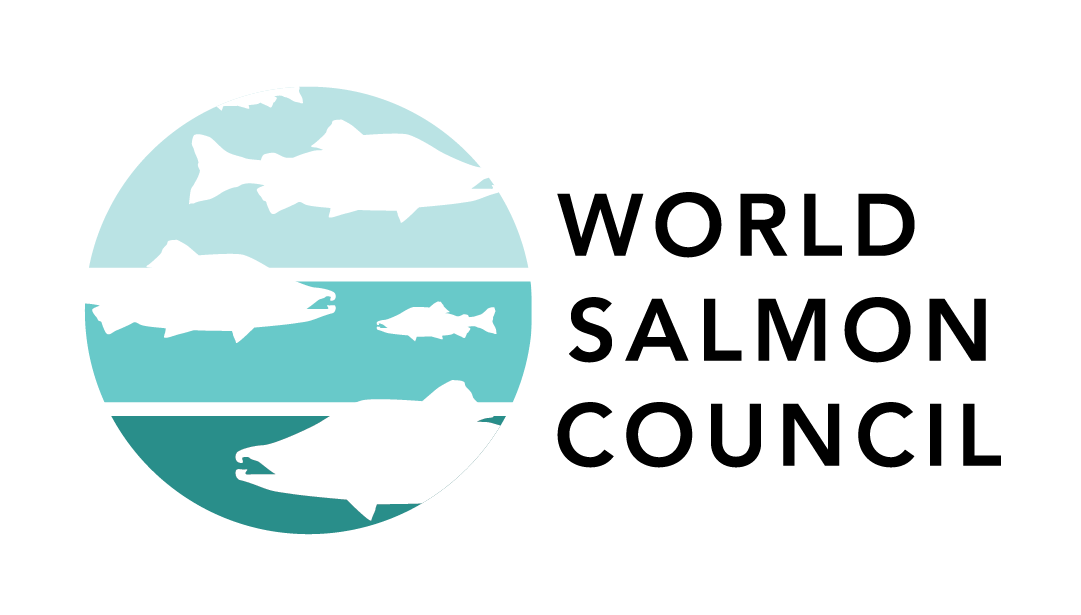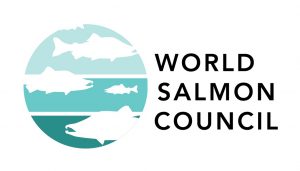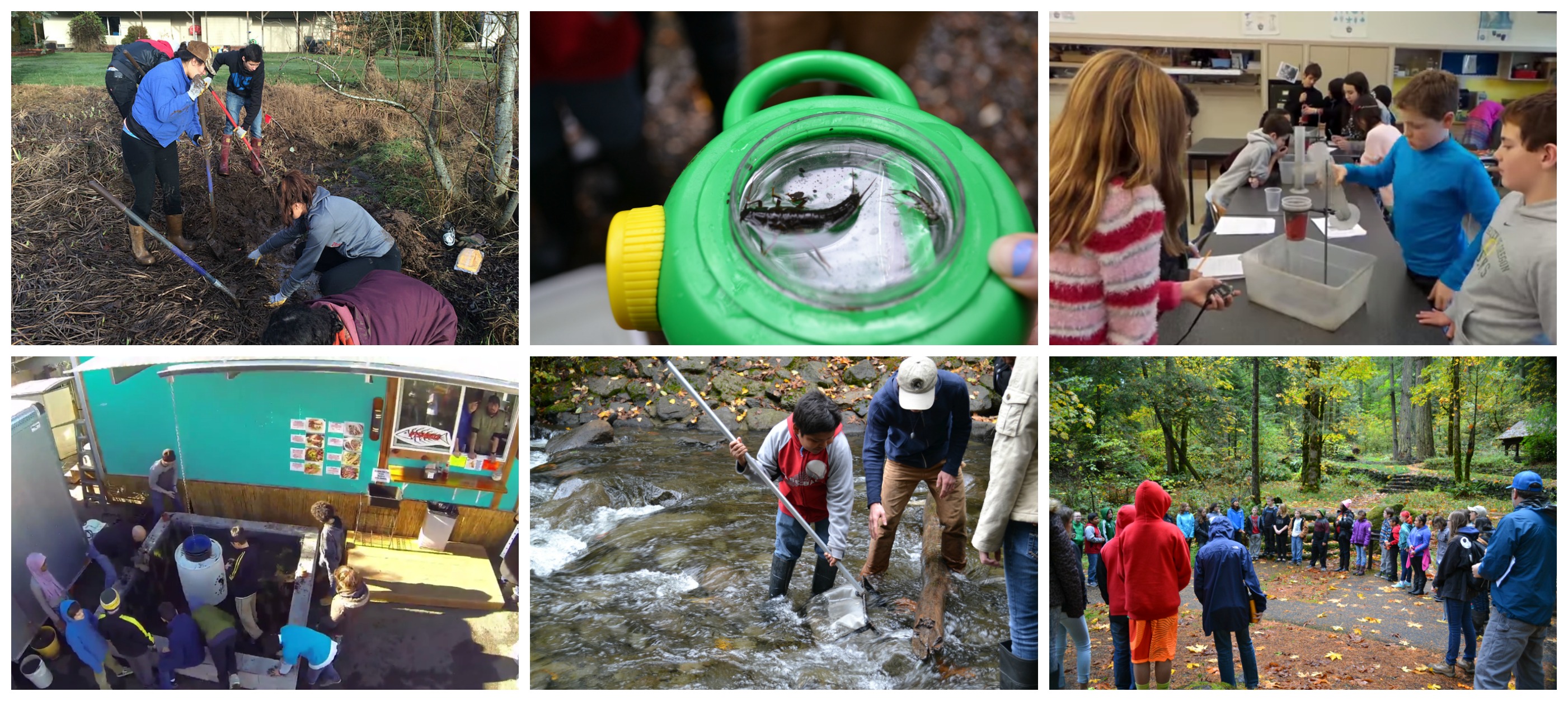For the past 20 years, Salmon Watch has been all about teaching young people about the value of our wild salmon heritage. What do these children gain from participating in Salmon Watch? We asked all participating teachers and students to fill out an evaluative questionnaire after participating in their Salmon Watch 2013 field trip this fall. First-time Salmon Watch teacher Megan Whisnand and her Franklin High School Environmental Science students in Portland participated in a Salmon Watch field trip to the aptly named Salmon River in late September. Here’s some feedback from Megan:
|
|
My first year being a part of Salmon Watch, I am very impressed. I definitely want to be a part of this next year…[My students] all loved it and learned so much…This was an amazing experience for my environmental science students. Most have lived here their whole lives [and] had never seen salmon spawning before. Getting kids doing real science in the field and connecting with nature is a science teacher’s dream. Salmon Watch made that happen. Most kids said this was the best field trip they have ever been on. Thank you so much. |
Here’s what some students from Megan Whisnand’s class have shared with us so far this year about their Salmon Watch 2013 experience:
|
|
I loved just seeing the wild salmon in general. I had never seen them before
|
|
|
I love hands-on learning, so this was a wonderful learning experience for me.–Vicky |
|
|
I didn’t know that seemingly unimportant little bugs could tell so much about an ecosystem. Certain macro invertebrates can indicate whether an ecosystem is healthy or not.–Molly |
|
|
I learned just how arduous the salmon’s journey is. They stop eating months before, fight each other for nesting space, and move heavy rock to build a redd only to die shortly after…I think I have a greater respect for them. I didn’t realize how difficult the salmon’s journey was.
|
|
|
I learned that water quality is very important to all living animals.–Marissa |
|
|
Watching the salmon with the polarized glasses…was fun and fascinating.–Nicole |
|
|
I think this is a great field trip and there is something interesting for everyone.–Shaylee |
|
|
We got to sit in such a beautiful spot on those rocks on the riverside. The sun came out and felt so nice, and all of us humans were just like in unity on this riverside…it was so awesome!–Molly |
|
|
We learned how important the trees are that hang over the river as they provide shade and proper habitat and healthy water temperatures for the salmon.–Isabelle |
|
|
When the fish die, their carcasses give nutrients to the other organisms.–Sitivia |
|
|
I feel more knowledgeable about wild salmon and more aware of how our actions can affect the salmon.–Elizabeth |
|
|
I am definitely more aware and interested in wild salmon now. I want to protect their homes for them because they can’t…I can be more aware of the amount of time I let the water run when I wash my hands and brush my teeth, and be mindful not to throw garbage into streams or pollute in any way.”
|
Salmon Watch not only teaches children about science, it teaches them empathy for other living things and makes them more conscious of their own personal impact on the natural world. The program engages their minds and hearts in a way that makes learning science more meaningful. As an example, on a Salmon Watch field trip, collecting data about water quality is no longer boring, abstract, and irrelevant. Rather, students become engrossed in the activity because they learn how the quality of the water directly impacts the salmon that they are observing in the stream.
Through their participation in Salmon Watch, teachers, volunteers and agency experts share their knowledge and concern about declining wild salmon populations and model what it means to be a responsible steward of the natural world. These adult participants have as much fun on their Salmon Watch field trips as the students they are teaching! The students’ interaction with these positive adult role models from all walks of life is a positive educational experience and excellent opportunity to learn about a wealth of career opportunities in natural resource management.
Over the past 20 years, Salmon Watch has proven its effectiveness in educating more than 60,000 young Oregonians about the natural world through a unique outdoor learning experience, classroom instruction and community service. With your support, Salmon Watch can continue to educate thousands more students in the Pacific Northwest in the coming decades.
We invite you to join our efforts to educate citizens, young and old, about the importance of wild salmon conservation and healthy watersheds. We need your support and involvement to sustain the program in coming years. Please make a donation today to World Salmon Council to support Salmon Watch.For more information about participating in Salmon Watch in 2014, please contact Lizanne Saunders, World Salmon Council Executive Director and Salmon Watch founder, at [email protected].




Recent Comments